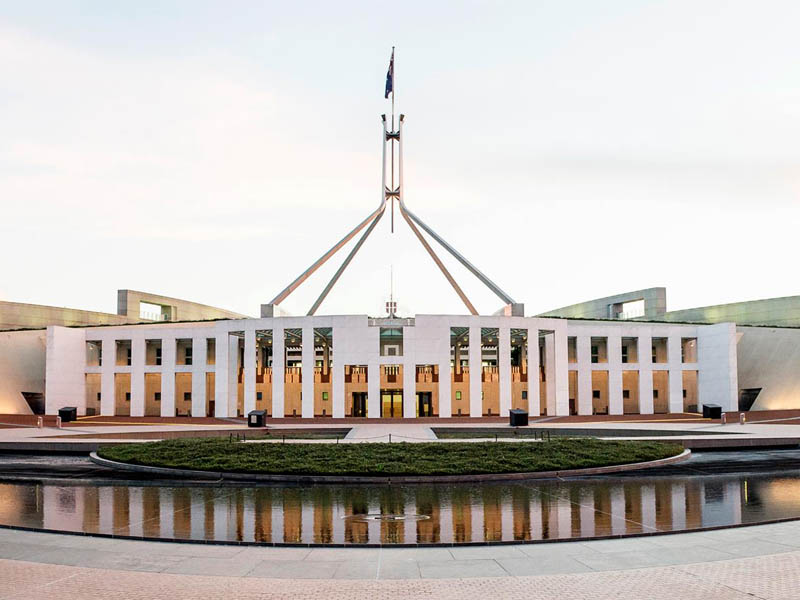The government has not provided any clarity on the research and development tax incentive in the federal budget, but appears to have sliced a further $1.35 billion from the flagship innovation support program over the forward estimates.
The research and development tax incentive (RDTI) was “conspicuous by its absence” in the budget, with the government not revealing how it plans to proceed with its controversial tightening of the scheme.
The RDTI was not mentioned in any of the main budget documents released by the government.

But portfolio documents indicate that an additional $1.35 billion will be “saved” from the RDTI across the forward estimates, adding to the $2.4 billion that was cut from it last year as a result of structural changes to its operations, the Australian Financial Review has reported.
It’s unclear whether the cut is expected as the result of a reduced number of claims made under the scheme as a result of tightened definitions of ‘R&D’, or if it is the result of planned amendments to the scheme which have not yet passed Parliament.
The government flagged in last year’s budget that the scheme would eventually cost $2.69 billion annually over the forward estimates, but the new forecasts released on Tuesday night indicate this will drop to $1.97 billion in 2018-19, to $2.2 billion in 2019-20 and 2020-21 and $2.3 billion in 2021-22.
Legislation implementing this haircut was put on hold earlier this year after a government-led Senate committee rejected many of the cost-saving measures, and no further information has been given on what the government intends to do with it.
It’s a further blow for the Australian tech and startup sectors, which had already railed against changes to the scheme – far and away the most popular of all government support mechanisms for the industry.
Startups are continuing to be “hammered by audits while the status of software under the scheme is in limbo”, StartupAUS chief executive Alex McCauley said.
“One year later, the response to the review has been put on hold, yet startups continue to be hammered by audits while the status of software under the scheme is in limbo,” Mr McCauley said
“Uncertainty here is an existential risk for startups, it is critical to ensure that high-growth startups are unequivocally welcomed under the scheme as soon as possible. This is an urgent issue and was left unaddressed tonight,” he said.
FinTech Australia general manager Rebecca Schot-Guppy said the further cut was “disappointing”.
“The RDTI is incredibly important for the growth of the FinTech ecosystem and technology sector. Easy access to it consistently polls as the number one issue for growing a FinTech in Australia,” Ms Schot-Guppy said.
“Now, FinTechs will be forced to compete with major companies for a dwindling pool of capital. Considering all the turmoil this policy has gone through, this could not be a worse outcome.”
Government legislation implementing the $2.4 billion cut to the RDTI was put on hold in February after a senate committee recommended that a number of aspects be reconsidered. The changes had been widely criticised by industry, with concerns they could lead to companies leaving Australia in search of more favourable conditions.
Weeks after the amendments were sidelined, the government issued new guidance for software claims to give “more confidence in claiming support for software activities”.
But the changes were criticised by some in the sector, and labelled as “another kick in the teeth” for the industry.
The sector has since been calling for clarity and uncertainty for the scheme, but this will not be forthcoming now until at least the federal election in May.
The budget provided little in the way of support for the tech and startup sectors, apart from a $60 million funding boost to the popular Export Market Development Grant scheme, announced by the government last week.
Mr McCauley said the budget is a “missed opportunity”.
“Tonight the Treasurer launched his budget with a message of strong economic management, but gave no indication of his government’s approach to the transformational role of technology in Australia’s economic future,” he said.
“The Treasurer chose to focus on the status quo rather than outline his government’s strategic plan for transitioning the Australian economy into an increasingly technology-led world.”
There was only one reference to startups in the entire budget, relating to the Adelaide City Deal previously announced. This funding included $6 million for the space agency’s Mission Control Centre, which would support space startups.
Do you know more? Contact James Riley via Email.

